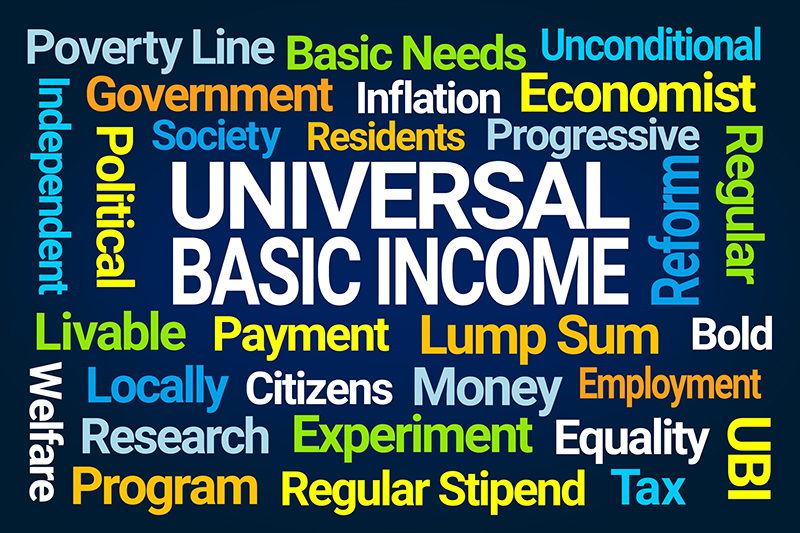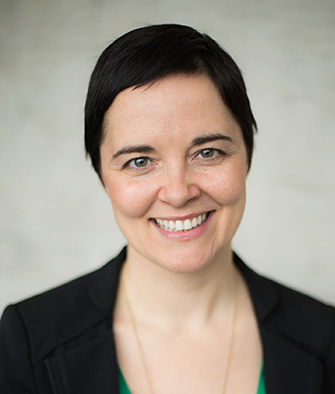
Join us for a virtual discussion and Q&A with Dionne Pohler
Hosted by the Center for Global Work and Employment
2:00pm to 3:00pm
Online Presentation via Webex
Register:
https://smlr.rutgers.edu/UBI_DPohler
Program Background
Andrew Yang, a 2020 Democratic primary candidate, is the most prominent recent advocate of a universal basic income. Yang’s signature campaign policy, the Freedom Dividend, was a $1,000 monthly UBI to be distributed to all American adults. The policy rationale for Yang’s UBI proposal was about insuring American workers against job loss caused by technological shifts. His proposal now seems prescient for an entirely different reason, as UBI is receiving support worldwide as a response to address the economic effects of the pandemic. But is UBI a good policy option, either in the current crisis or beyond?
The presentation will:
- Discuss the differences between universal and targeted versions of basic income;
- Illustrate why targeting a basic income toward those in the lower part of the earnings distribution is a much more effective policy than a universal basic income, both in the current crisis and for the long-term; and,
- Outline a simple design to build a targeted basic income by expanding out from worker income support programs that already exist in the United States, Canada, and the United Kingdom.
About the Speaker
 Dionne Pohler is an Associate Professor and Associate Director at the Centre for Industrial Relations and Human Resources at the University of Toronto. Her research, which has received several international awards, covers a broad range of topics on work and employment, unions and labor relations, co-operative governance and development, and public policy implementation. She is the editor of the Labor and Employment Relations Association 2020 Annual Research Volume, Reimagining the Governance of Work and Employment (Cornell University Press). Dionne developed a model of rural co-operative development alongside settler and indigenous communities in western Canada, and was a founding board member of Co-operatives First, a non-profit organization that works with rural communities to address their needs.
Dionne Pohler is an Associate Professor and Associate Director at the Centre for Industrial Relations and Human Resources at the University of Toronto. Her research, which has received several international awards, covers a broad range of topics on work and employment, unions and labor relations, co-operative governance and development, and public policy implementation. She is the editor of the Labor and Employment Relations Association 2020 Annual Research Volume, Reimagining the Governance of Work and Employment (Cornell University Press). Dionne developed a model of rural co-operative development alongside settler and indigenous communities in western Canada, and was a founding board member of Co-operatives First, a non-profit organization that works with rural communities to address their needs.


